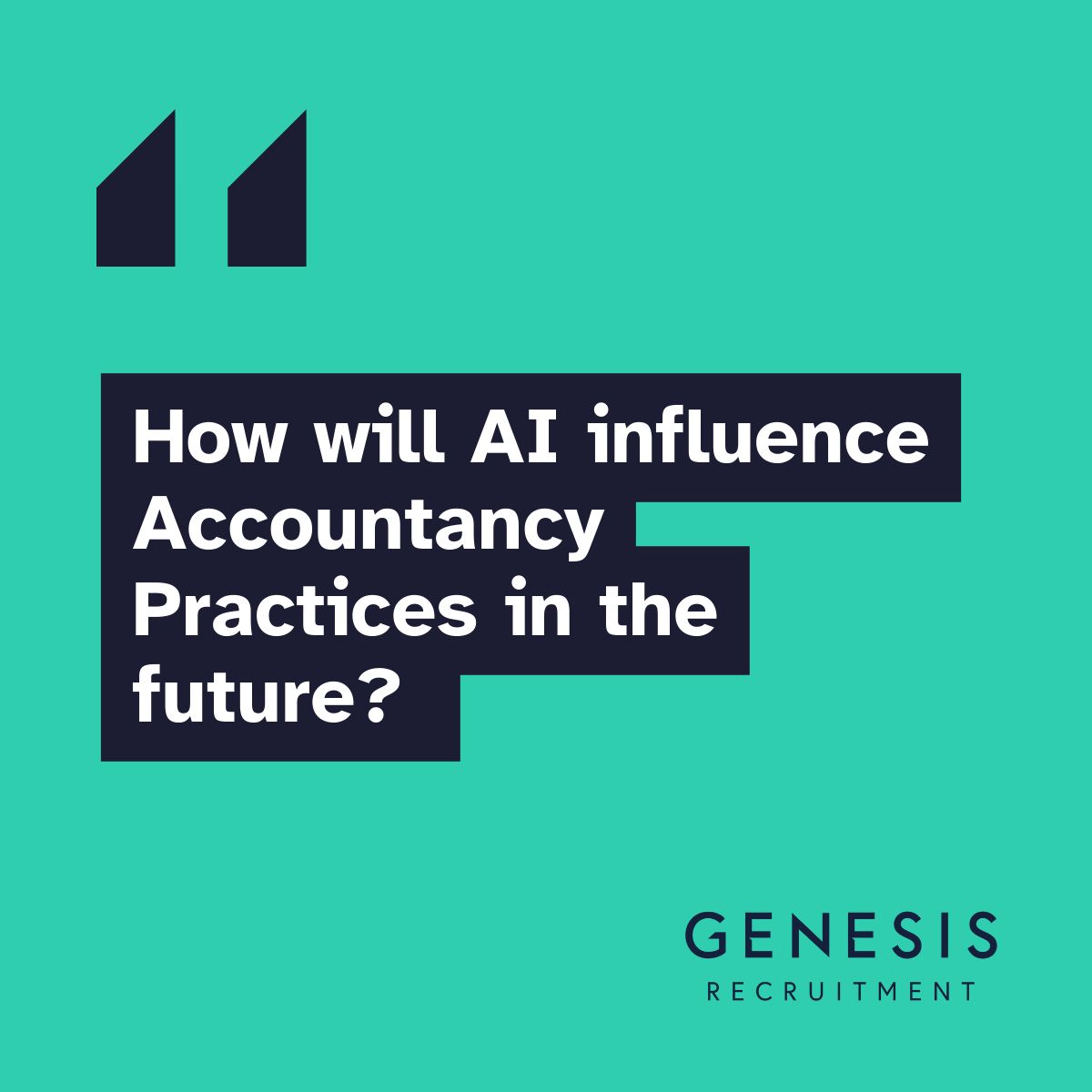
AI has the potential to bring significant changes to the accounting practice industry. Its impact is already being felt, and it is expected to continue shaping the profession in various ways. Here are some ways AI is likely to change the accounting practice industry:
1. Automation of repetitive tasks:
AI can automate mundane and repetitive tasks such as data entry, invoice processing, and reconciliations. This frees up accountants' time, allowing them to focus on more strategic and value-added activities.
2. Enhanced data analysis:
AI can analyze vast amounts of financial data quickly and accurately, enabling accountants to gain deeper insights and identify patterns that might not be apparent through traditional methods. This can lead to better financial decision-making and risk management.
3. Fraud detection and prevention:
AI-powered algorithms can detect irregularities and patterns associated with fraudulent activities in financial data, helping to reduce instances of fraud and enhancing the security of financial transactions.
4. Improved auditing processes:
AI can streamline the auditing process by analyzing large datasets and identifying potential issues or discrepancies. This can make audits more efficient and effective, reducing the need for manual intervention.
5. Predictive analytics:
AI can use historical financial data to predict future trends and outcomes, aiding in budgeting, forecasting, and strategic planning.
6. Personalized financial advice:
AI-driven platforms can provide personalized financial advice and recommendations based on an individual's financial data and goals, enabling better financial management for clients.
6. Compliance and regulatory adherence:
AI can assist in ensuring compliance with ever-changing accounting standards and regulations by continuously monitoring transactions and financial reporting.
7. Cost reduction:
By automating tasks and increasing efficiency, AI can help accounting firms reduce operational costs, making their services more competitive.
8. Increased accuracy:
AI algorithms are less prone to errors and can consistently maintain a high level of accuracy in processing financial data, reducing the risk of human error.
9. Evolving roles of accountants:
As AI takes over routine tasks, accountants' roles are likely to shift towards more advisory and strategic positions, where their expertise and judgment are essential.
It is important to note that while AI offers significant opportunities, there are also challenges and considerations such as data privacy, ethical use of AI, and the need for upskilling the workforce to leverage AI effectively.
However, with proper implementation and integration mainly through Accountancy software giants, AI can undoubtedly revolutionize the accounting practice industry, leading to greater efficiency and better financial outcomes for businesses and clients alike.
(Fair comments?? This is the answer we got from asking AI! Source CHATGPT)

